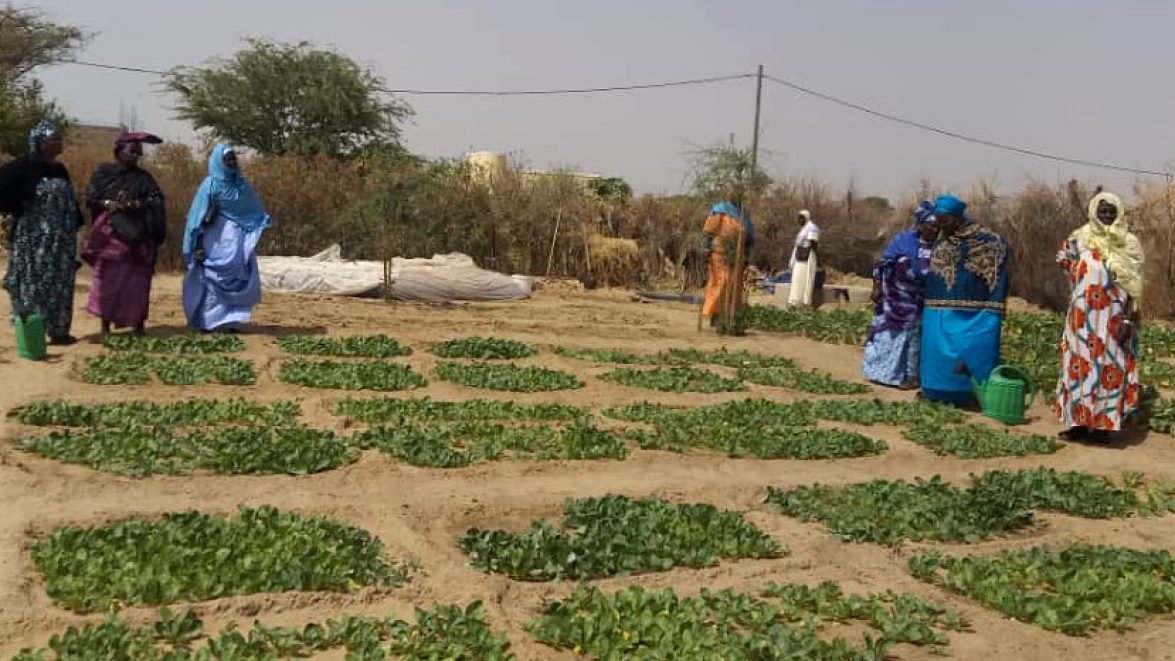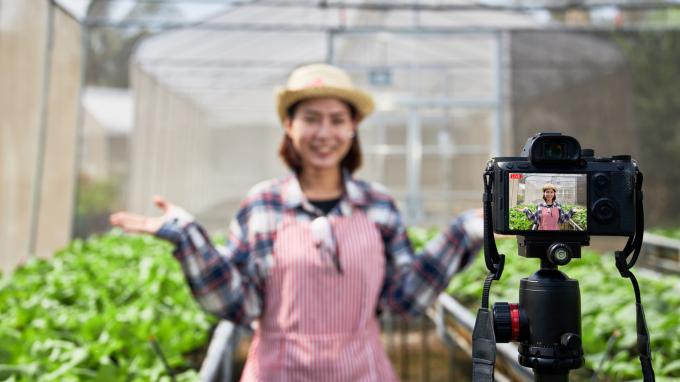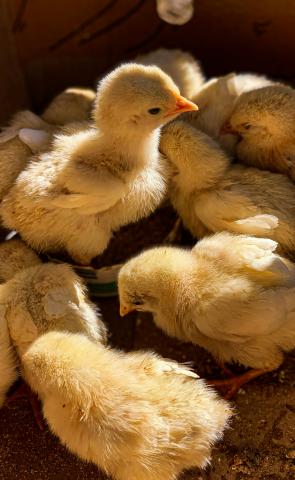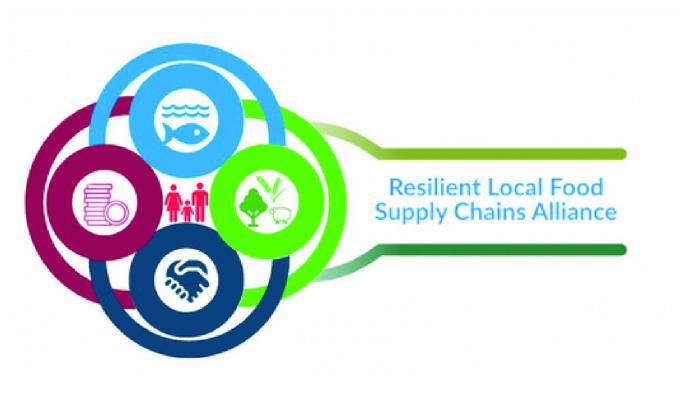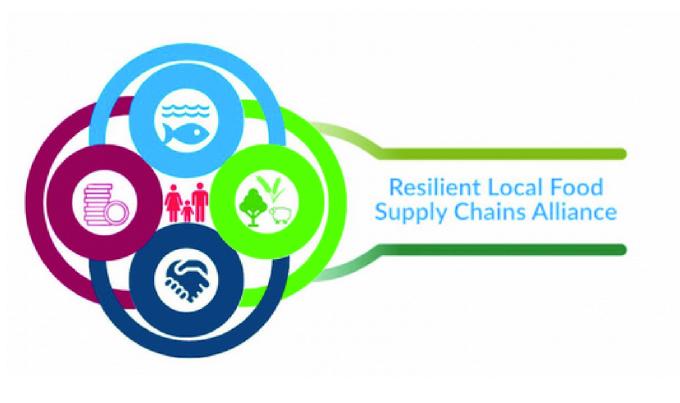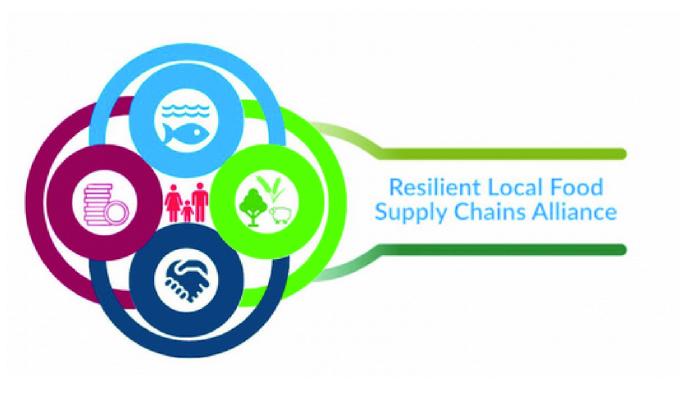Period
2014 - 2019
The transhumant tribal population in Jammu and Kashmir (India) faces challenges that are particularly acute for tribal women farmers. This practice addresses gender inequality and landlessness by introducing high-yield backyard poultry, specifically the Kadaknath breed. With training and support, more than 40 women farmers have established successful businesses and improved their socio-economic status. Despite achievements, family acceptance remains an obstacle, highlighting the need for education and advocacy for gender-neutral societies and women leaders. Future plans include developing more community leaders to address women's issues on national and international platforms.
You must be registered to see all the content
Identification needs
At nearly 6 Lakh, the transhumant tribal population of Jammu and Kashmir is more than the total population of many countries. The major constraints faced by tribal women farmers of Jammu and Kashmir (India) are: 1. Gender inequality: I mainly work with tribal women farmers in order to provide them with a small but steady income throughout the year. Here we have a male-dominated society where both men and women work in the field but men have all the income in their pockets. There is no direct income to the hands of women, which makes them weaker in society as well as in decision-making at home. 2. Landless farmers: Tribal farmers have no land or small plots and they have to regularly migrate from one place to another; it was therefore very important to provide them with an enterprise that requires little or no land. Keeping this in mind, backyard poultry was the best suited option for socioeconomic upliftment of tribal women farmers.
Stakeholder change
Method - The project aimed to provide a consistent income for tribal women farmers throughout the year by supplying them with a small unit of 20 to 30 high egg-laying backyard poultry birds. Preference was given to widowed and women farmers with health problems. The women were trained in rearing and feeding the poultry birds in their backyard and advised to feed them mostly kitchen and agricultural waste. The eggs were sold directly to the market at a high price.The breed of chicken used was the Kadaknath, a rare variety with black flesh that is sold at a premium price. This breed is often referred to as the 'Lamborghini of chicken' due to its unique characteristics. By raising and selling this breed, the women farmers were able to improve their socioeconomic status through a small but steady income.
Change triggered
I have successfully developed two poultry villages that have become hubs for poultry egg production. Over 40 women farmers have been able to start their own enterprises, providing them with a small but steady income throughout the year. Additionally, these women farmers were organized into small self-help groups and advised to collect and sell eggs in large quantities for better returns. These women farmers have become community leaders and are now training women from nearby villages. However, family acceptance remains a major constraint as male members still hesitate to send their women to markets as traders.
Short description
It is important to educate women farmers about human rights in order to promote gender equality and develop female leaders in society. Therefore, they need to be trained and equipped with the latest global advances. In the future, I plan to develop more female community leaders from these areas who can represent the region and bring women's issues to national and international platforms. The major outcomes of this initiative include: improving the socioeconomic status of tribal women, enhancing the health and nutrition of families, organizing and developing self-help groups, and providing a small but steady income throughout the year.
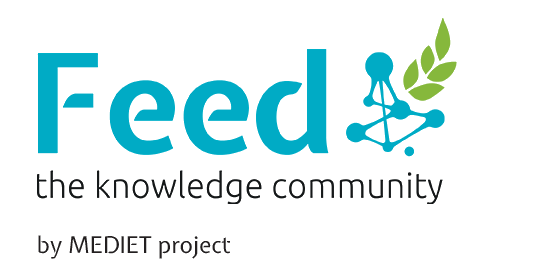







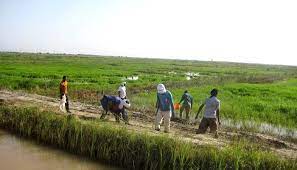
.jpg)
